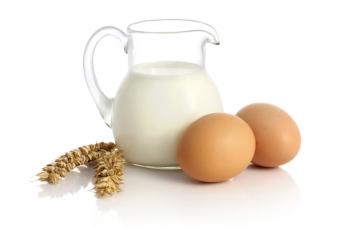
Too much of a good thing really can be bad for you. This is the case with niacin, also known as Vitamin B-3, as it is with many vitamins and minerals.
How Much is Too Much?
While niacin is something that your body needs, taking in too much of it can result in niacin toxicity. Most people have no problem getting more than the recommended daily allowance (RDA) of niacin through their diets and are not likely to need to take supplements. Adults should not exceed 35 milligrams/day of niacin in their diet or through supplements.
The RDA quantities for niacin are as follows:
- RDA for adult men: 16 milligrams/day
- RDA for adult women: 14 milligrams/day
The only individuals who might need supplements are those who truly have a niacin deficiency, an unusual health condition that you should not assume that you have unless diagnosed by a physician or qualified nutritional expert.
Side Effects of Niacin Toxicity
Taking unnecessary niacin supplements can have result in very serious side effects according to the Mayo Clinic:
- Flushing of the face
- Nausea and vomiting
- Diarrhea
- Elevated blood glucose/insulin levels
- Elevated concentrations of uric acid
- Heart palpitations
- Dry skin
- Low blood pressure
- Liver toxicity (indicated by jaundice, increased liver enzymes, liver failure, abdominal fluid build-up)
- Worsening of pre-existing stomach ulcers
Get Niacin Through Diet
While niacin toxicity and deficiencies are rare, they do occur, and it's important to note the symptoms and signs to prevent serious illness. A well-balanced diet of fresh fruits, vegetables, lean meats, and whole grains can often prevent dangerous vitamin imbalances in most healthy adults and provides a much healthier way to get the niacin that you need than supplements. Those with pre-existing conditions like diabetes or liver disease should consult a doctor with regard to the appropriate RDAs, as these conditions can be particularly affected by niacin.







